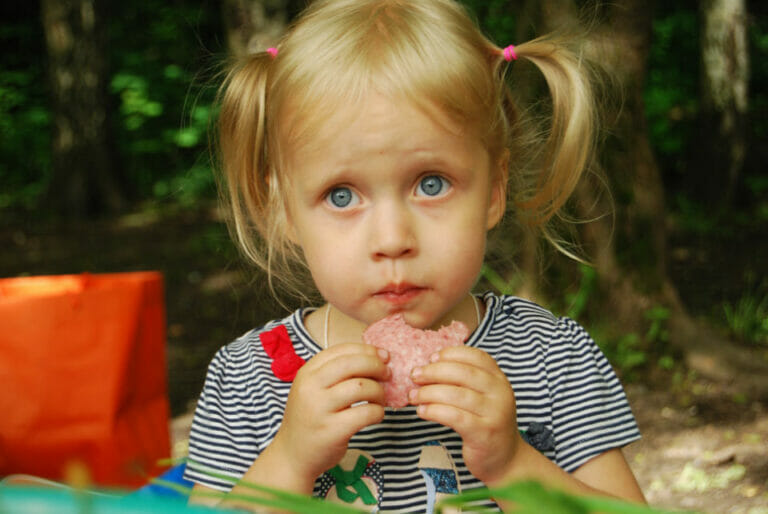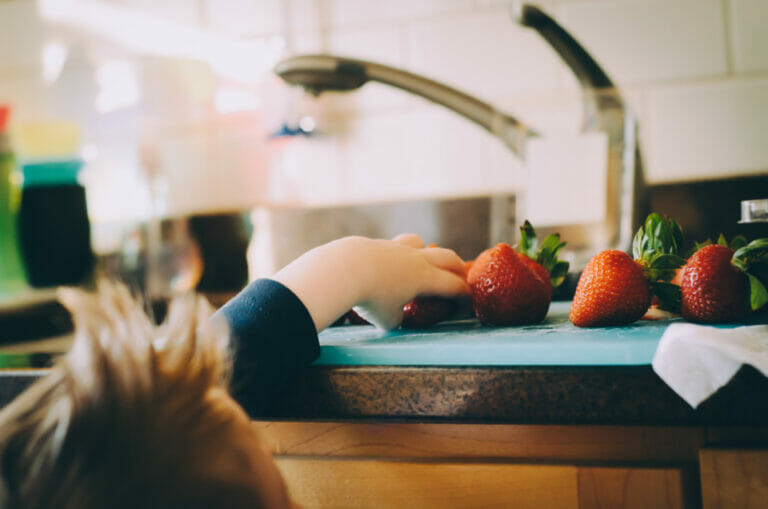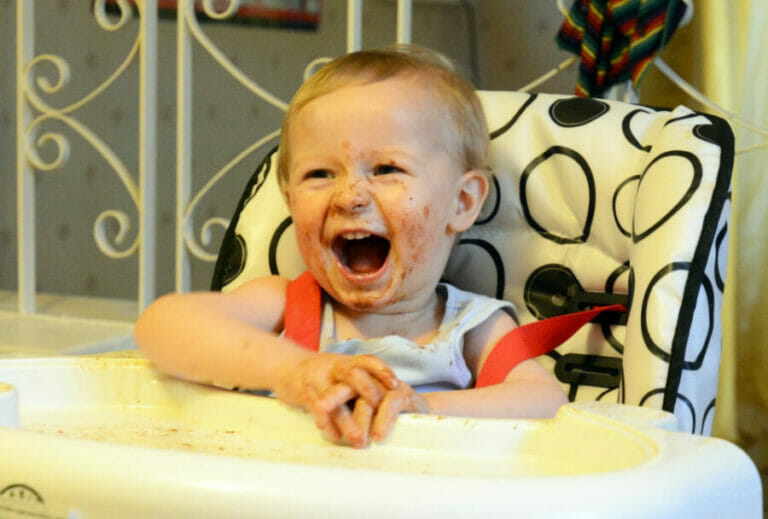![]()
Why do parents yell at their children? Our experts explain why and how to stop

By Clinical Psychologist Lynn Jenkins
Lynn says that when it comes to answering why do parents yell, there are a few reasons most parents resort to yelling at their kids.
“You may be feeling stressed, which basically means our perception of our current situation is beyond our perception of what we can handle,” she says.
“When interrupted lots and taken off the track of getting ready, you can get aggravated, which can grow into anger which can result in yelling!”
“Tiredness is another example. You might have a lot of work stuff on.”
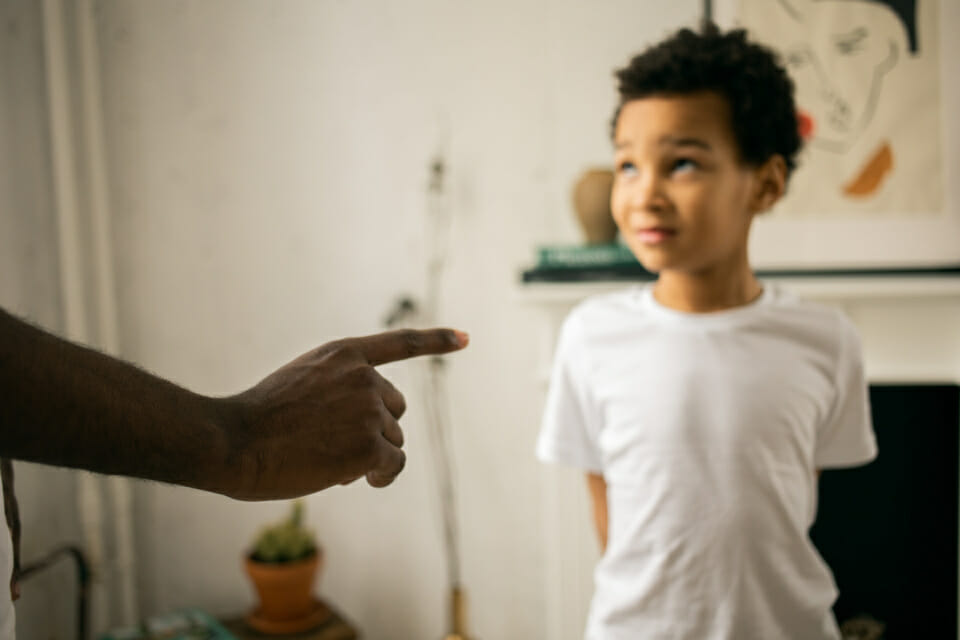
Parents might yell because they are feeling tired and stressed
Answering the question of why do parents yell comes down to the individual parent. You might find that you’re more prone to yelling when stressed or tired. But there may be other reasons other than feeling tired and stressed.
“An unconscious button may have been pressed. There is a term, meta-emotion philosophy that refers to ‘parental attitudes toward emotion’ – so our thoughts and feelings about our children’s expressions of emotion,” she says.
“Some of their feeling ‘expressions’ annoy us, and this can happen if our parents didn’t allow us to have that feeling when we were a child.”
“If we weren’t allowed to have it if it was shut down, we never learn how to work with that feeling. It represents a type of stress.”
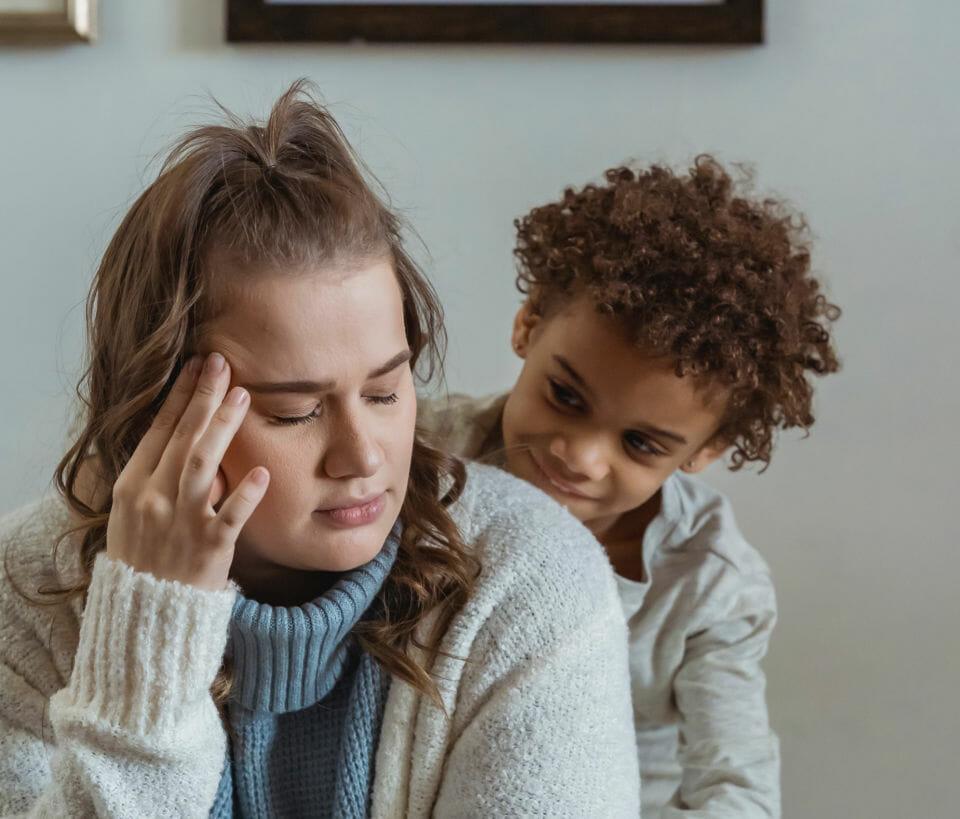
How to stop yourself from yelling at your children
So many parents don’t want to yell at their kids, and you’re likely one of them because you’re reading about why do parents yell. Despite not wanting to yell, you may end up doing it and then regret it. Then the guilt sets in. But you can stop it, says Lynn.
“Firstly, if we are yellers, we are yellers. Our parents might have been yellers and, therefore, modelled,” says Lynn.
“It might be useful to know that it is the most regular approach that we absorb, not so much the one-offs.”
“This type of information gives us the power to be realistic and use it to motivate us to CHOOSE the most regular way of interacting with our kids. This can take effort, particularly if our ‘modelling’ was yelling.”
One great way to help you avoid yelling at your kids is to become AWARE of the sensations in your body. Notice how you feel when you’re getting irritated vs when you’re frustrated vs when you’re full-on angry. Once you understand these sensations in your body, you can work out where your point of intervention needs to be.
“The first step to an intervention is to PAUSE. When we pause, we have power,” says Lynn.
“This is because, in a moment of pause, we are disengaged from the source of our anger. Our brain and nervous system come temporarily back online, and therefore have access to the ability to remember we are choosing to respond differently.”
Why does it feel like your child knows how to push your buttons?
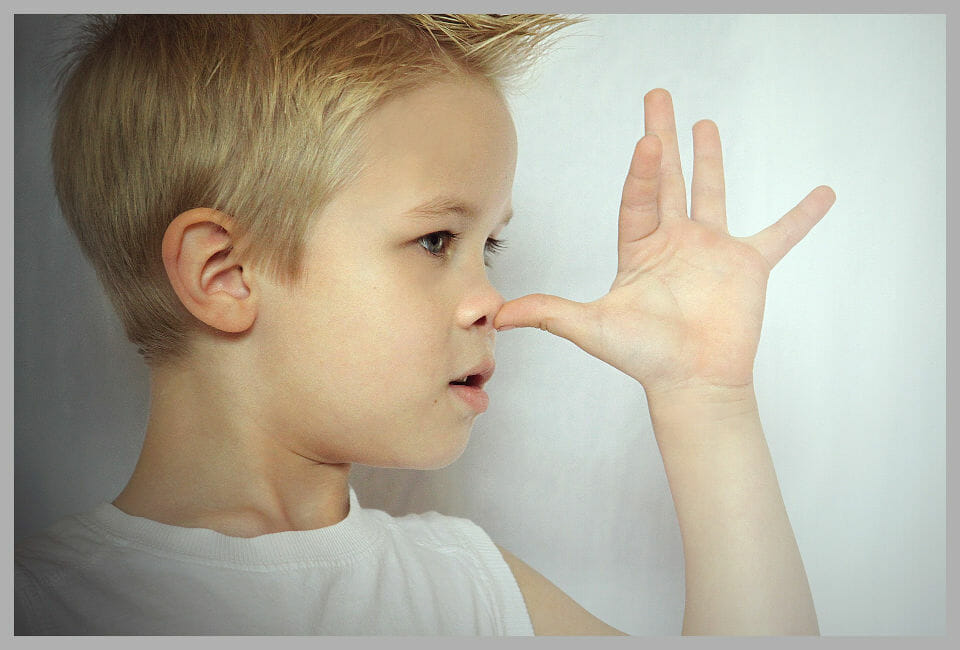
Awareness of your own body sensations is the first step. The feeling of ‘having our buttons pressed’ is frustration, irritation, anger or another usually elevated feeling.
You may notice those times, and your reactions come with an aftermath of big emotions. In these times is when you’ll find the answer to why do parents yell at their children because they’re tired and frustrated.
“If we can be aware of, or, in other words, notice, that we are feeling this way, then we have the space to remember to say to ourselves something like ‘I feel triggered right now. It’s not coming from them. It’s coming from me’,” says Lynn,
“Our child might not be on purpose pushing them (until perhaps when they are teenagers!), but certain behaviours trigger things in us. Sometimes what they trigger is even a surprise to us!”
How to discipline your child
Most of the time, you’ll find the answer to the question of why do parents yell at their children is to discipline them. Lynn explains that the key here is to be guided by your family values and to keep things easy to be consistent.
“Try not to over-discipline – your child will very quickly learn when you are serious and mean business,” she says.
“Kind of like if you usually yell, but then there are times when you go quiet – they know that ‘she is’ serious when she goes quiet!”
Yelling can affect your child
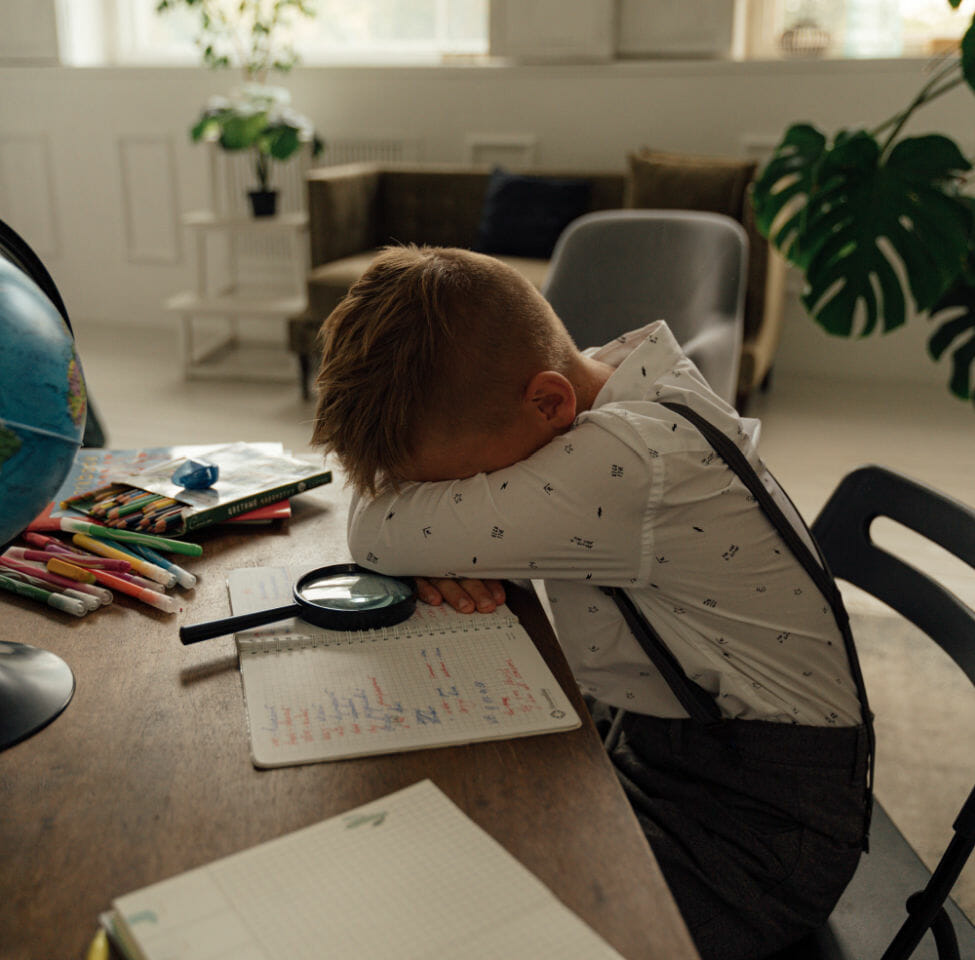
It all depends on your child’s temperament, how often they are yelled at, and when the yelling occurs.
“In terms of temperament, sensitive children will feel the effects perhaps more so,” says Lynn.
“It is important to remember that kids are great observers but terrible interpreters. This means that kids will notice being yelled at, their nervous system will register it, and put meaning to it that is probably something negative about themselves and most definitely incorrect.”
“All kids will do this, but perhaps sensitive kids might be prone to be more negative on themselves.”
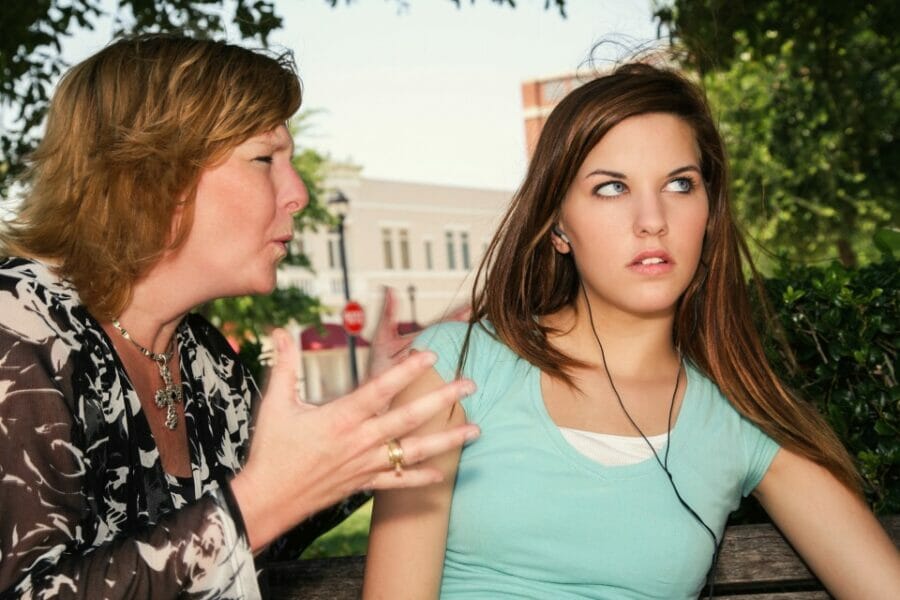
In terms of how often they are yelled at, kids can become fearful of yelling, which can prime them for ‘yelling’ being considered a threat to their nervous system, making them anxious.
“Or they can go the other way and adopt it as their ‘go to’ behaviour when upset. They might learn to block it out eventually as a type of coping mechanism,” says Lynn.
“In terms of the timing yelling occurs, yelling has a type of impact when kids are quite young that is different to when they are older. All children (and all humans) are nervous systems walking around interacting with each other.”
“A nervous system needs to feel safe to be calm. Yelling is considered a ‘threat’ to most nervous systems no matter how old, but particularly so to a young one.”
Alternative methods to use rather than yelling
Rather than determining why do parents yell at their children, you may just want to find alternatives to yelling.
Parental time out
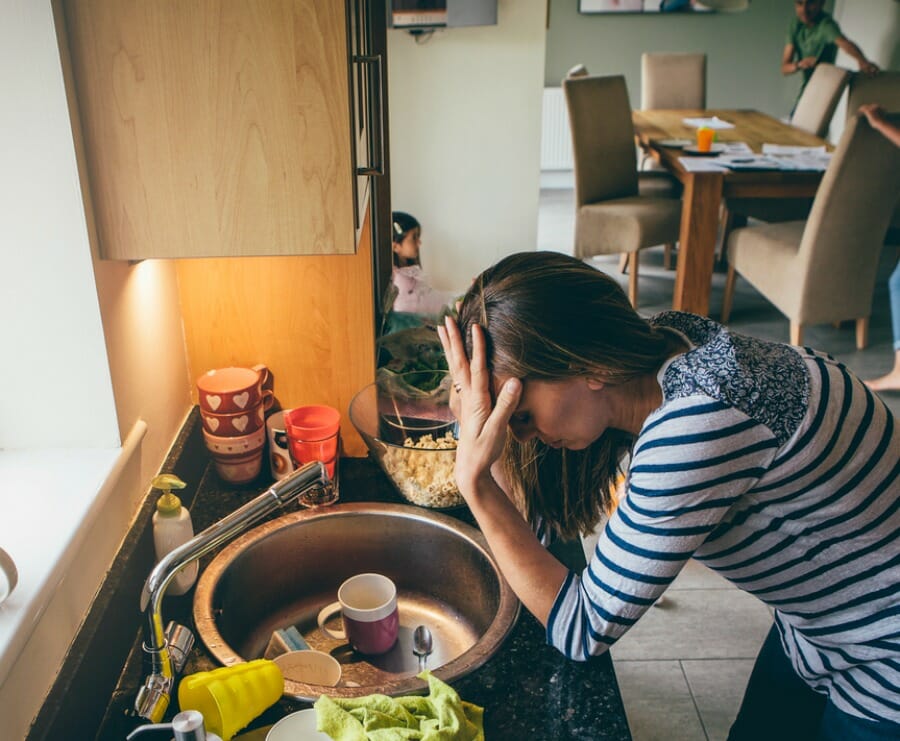
Parental time-out is a good one because that is how you can get your head back together! Think of taking time-out as ‘not putting fuel on the fire’.
The ultimate parent position when kids are having meltdowns is to be the ‘calm amidst the storm’. And to be brutally honest and realistic, this is damn hard!
Stay connected
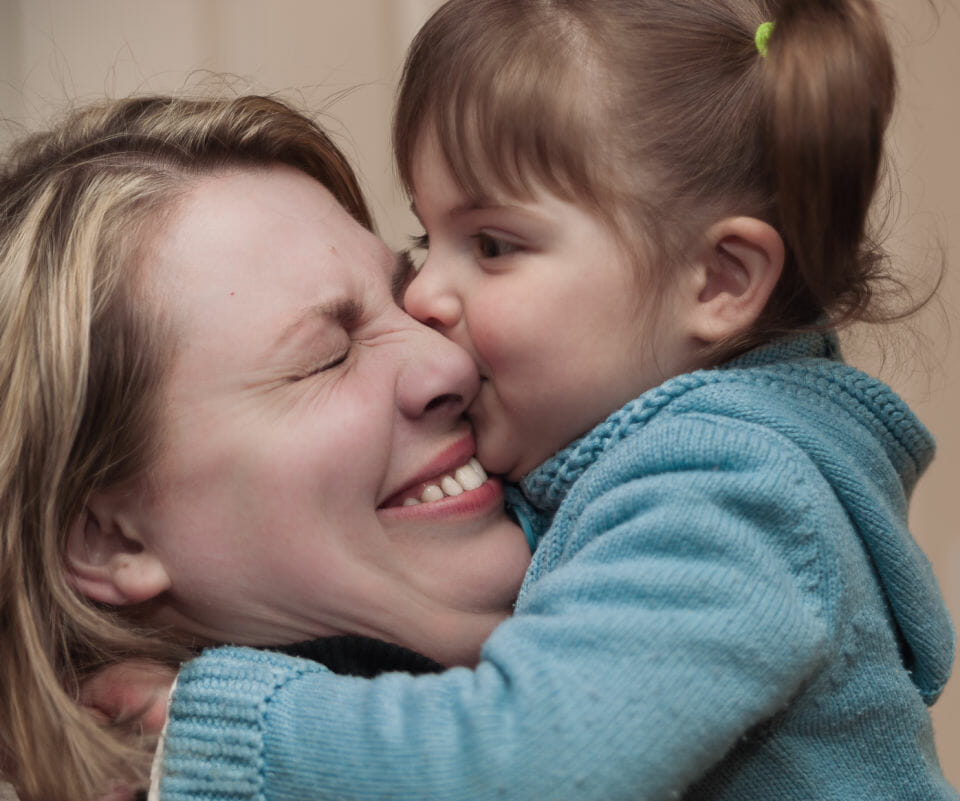
Humans crave connection, which is why we look for a safe person to connect with when we’re upset. For kids, parents are the safe human they seek connection from, the safe person that brings them calm quickly. Some of these safe feelings are lost when parents yell at their children.
It’s so hard if we’re not calm ourselves!!! So, time-out for us, as opposed to our kids, is a step in this most helpful direction.
Consequences for behaviour

Consequences for behaviour are fine. It’s best you make these consequences relevant to the ‘crime’, relatable to your child’s age, and can be repeated by your child to ensure they understand the ‘consequence’ of their choice/behaviour should they go ahead with it.
How do you apologise for yelling at your child? Is it impossible to never yell again?

NO. It is not impossible to ever yell again, adds Lynn. If you’re searching for why do parents yell at their children, you’re a good parent who wants to do what’s best for your child.
“Yelling happens. Our children will eventually come across it in their life – they need some type of exposure to it to build a bit of resilience or a way to react to it,” she says.
You simply need to apologise and use it as a teaching moment. You can then educate your kids that:
a) When you yell at someone, you can say sorry when you are calm again
b) Yelling comes from having big feelings
c) It isn’t what you want to do
d) You are working on pausing instead; you missed it this time, but will get back on track.
“Also, it might be important to reinforce you love them and didn’t need to scare them,” adds Lynn.
“Basically, correct the story for them as kids can interpret things completely different to how we intended, and it is usually something negative about themselves.”
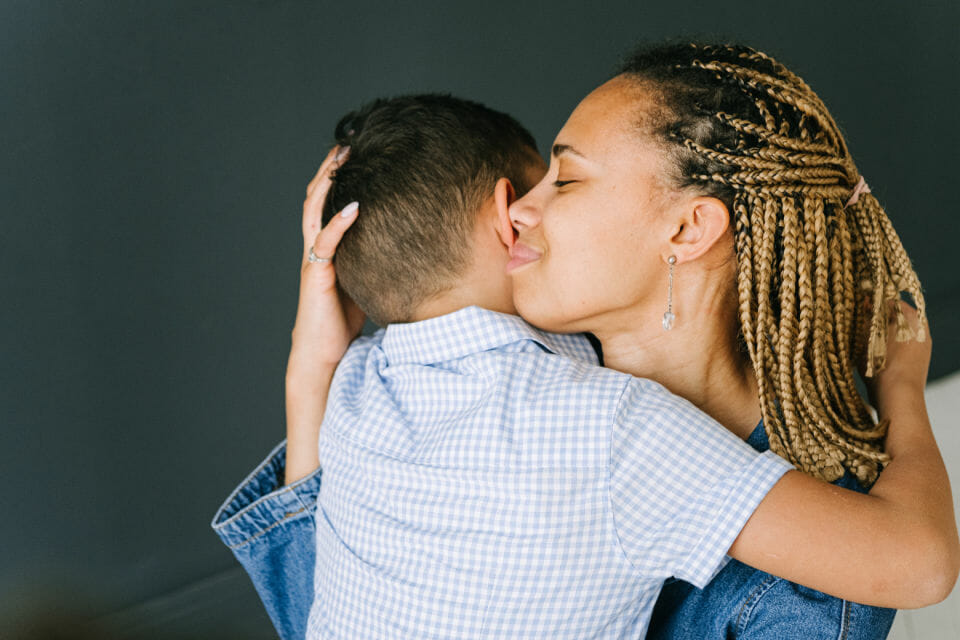
“Breaking a generational cycle and influencing future generations are the things we focus on when we make these types of choices.”
“We cannot help our wiring, as our wiring is partially shaped by how we were brought up. We CAN have some influence over their wiring, and therefore, how they are shaped to be in this world.”
Your child’s ADHD symptoms are NOT ‘bad behaviour’. Strategies to help you feel more patient.
How to improve your child’s self-awareness
The Healthy Mummy Wellness App – practical well-being for your daily life

The Healthy Mummy Wellness app is built to support mums’ mental, physical and social well-being.
We have expert advice to help mums makeover their minds, transform their mood, manage their hormones, sleep better and engage with their family.
You can listen to podcasts, read blogs, work out with our trainers and find healthy, family-friendly recipes from the palm of your hand.
Get the Healthy Mummy Wellness App here.
All content and media on the Healthy Mummy Wellness Website and App are created and published online for informational purposes only.
It’s not intended to be a substitute for professional medical advice. It should not be relied on as health or personal advice.
Always seek the guidance of your doctor or other qualified health professional with any questions regarding your health or a medical condition.
